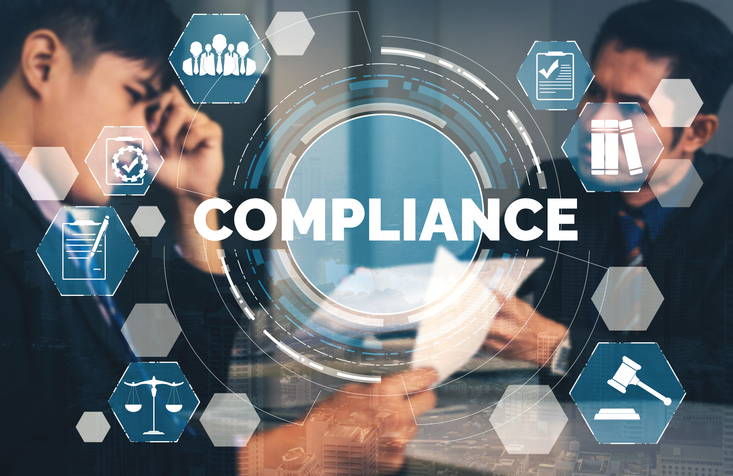Navigating HIPAA questions is a crucial part of managing employee health information in HR. The Health Insurance Portability and Accountability Act (HIPAA) safeguards employees’ health data, and understanding its requirements is vital for ensuring compliance and avoiding potential violations. This guide tackles some of the most common HIPAA questions HR professionals encounter and provides practical solutions to address them.
What Does HIPAA Cover?
HIPAA governs the privacy and security of Protected Health Information (PHI), including medical records, health insurance details, and other health-related data that could identify an individual. HR departments frequently handle such information in scenarios like health insurance enrollment, workers’ compensation claims, and leave requests under the Family and Medical Leave Act (FMLA). While HIPAA primarily applies to “covered entities,” HR teams managing health information under these entities must also adhere to HIPAA standards.
Does HIPAA Apply to Employee Health Information in HR?
This is one of the most common HIPAA questions asked by HR professionals. Whether HIPAA applies depends on the context:
- YES: If the information is collected through a company-sponsored health plan, HIPAA applies.
- NO: General health information voluntarily shared by employees, such as notifying a manager about an illness, is not covered by HIPAA. However, other privacy laws or workplace policies may still apply.
What Are Best Practices for Managing HIPAA-Protected Information?
To ensure compliance and protect employee privacy, HR teams should implement these best practices:
- Limit Access: Ensure only those who need to handle Protected Health Information (PHI) for their role can access it.
- Secure Storage: Use locked cabinets for physical records and encryption for digital files to safeguard sensitive data.
- Mindful Communication: Share PHI only when absolutely necessary and through secure channels. For example, emailing sensitive health details to a manager without consent could violate HIPAA regulations.
How Should HR Handle HIPAA Violations?
Handling violations effectively is critical for maintaining trust and compliance. If a HIPAA violation occurs:
- Document the incident thoroughly, including details about the breach and involved parties.
- Notify your organization’s compliance officer and any affected employees as required.
- Implement corrective actions and additional training to prevent future issues.
Prompt and transparent action not only mitigates risk but also demonstrates a commitment to compliance.
What Training Should HR Professionals Receive?
Proper training equips HR professionals to address HIPAA questions confidently. Training programs should cover topics like identifying Protected Health Information, safeguarding employee data, and responding to potential violations. Regular refreshers and access to up-to-date compliance resources ensure HR teams remain well-prepared to meet HIPAA standards.
Conclusion
Addressing HIPAA questions in HR is more than just meeting legal requirements—it’s about fostering trust and maintaining a culture of respect for employee privacy. By understanding HIPAA’s scope, implementing best practices, and responding to violations effectively, HR professionals can navigate this complex area with confidence.
Emtrain provides customized compliance training to help HR teams stay ahead of challenges. Learn more about our offerings and build a workplace culture rooted in trust and transparency.








